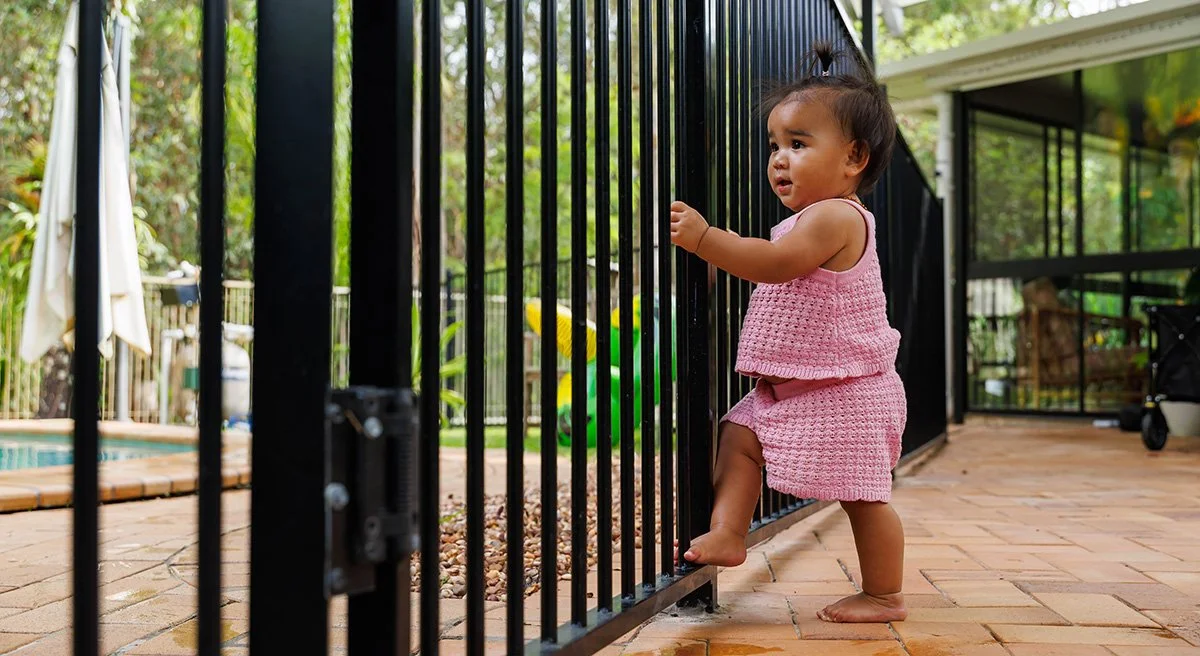Do I Need a Pool Safety Certificate in Queensland?
If you’re selling or leasing a property with a pool in Queensland, the answer is simple: yes, it’s the law.
Why Pool Safety Certificates Matter
In Queensland a pool safety certificate is a legal requirement under the Queensland Building and Construction Commission (QBCC) regulations. If you have a regulated pool (either residential or shared), you must comply with the Queensland pool safety laws under the Building Act 1975.
You need a pool safety certificate in QLD in these situations:
1. Selling a Property with a Pool
You must provide a current pool safety certificate to the buyer before settlement.
If you don’t have one, you must issue a Form 36 – Notice of No Pool Safety Certificate to the buyer before contract signing, and the buyer must obtain one within 90 days of settlement.
2. Leasing a Property with a Pool
You must provide a valid pool safety certificate before entering or renewing a lease or rental agreement.
Applies to both residential homes and units in body corporate complexes.
3. Shared Pools (e.g., in apartments or hotels)
Pool owners (like body corporates) must have a current certificate, and it must be renewed every 1 year.
4. Private Pools
For non-shared (private) pools, the certificate is valid for 2 years.
But it’s not just about getting the certificate—your pool must remain compliant 24/7. A certificate proves compliance at the time of inspection, but it’s your ongoing responsibility as a pool owner to ensure fences, gates, and barriers stay in working order to keep children safe and prevent drownings.
What We Do
Inspect your pool and fencing against QLD standards.
Provide a detailed report of compliance against the Pool Safety Standard and advise if anything needs fixing.
Issue your certificate (Form 23) once everything is compliant, or a Form 26 (Nonconformity Notice) if not.
Certificates are valid for 2 years for private pools and 1 year for shared pools (like apartment blocks). But remember, safety doesn’t expire—compliance must be maintained at all times.
Penalties for Non-Compliance
Fines of up to $20,000 for serious breaches.
Local councils and the QBCC can conduct audits or issue enforcement notices.
👉 Don’t risk it—book an inspection with a licensed inspector and get it done right.

